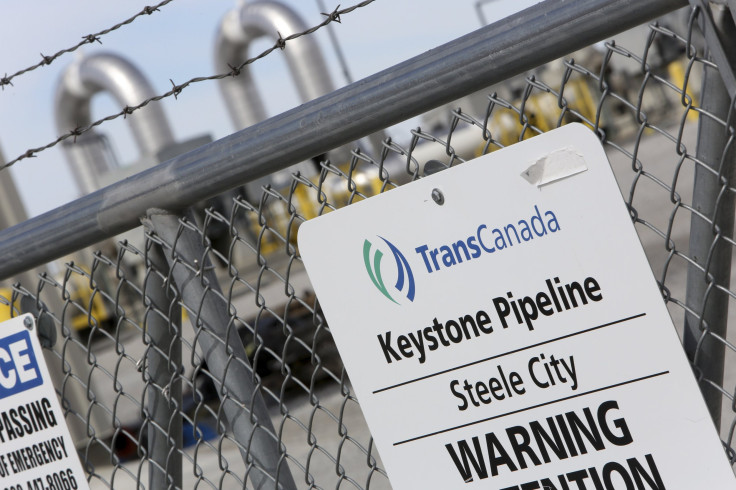Keystone Pipeline Vote Results Live Stream: Where To Watch The Senate Tally Online

The first major piece of legislation from the new Congress in 2015 is expected to be voted on Thursday when senators decide on the Keystone XL pipeline. The much-debated legislation would allow for the construction of an oil pipeline that runs from western Canada to refineries on the Gulf Coast. Backers of the bill say the Keystone project will provide much-needed jobs and help the U.S. become energy-independent, while detractors argue the pipeline will hasten climate change and endanger the environment along the route.
The bill has identical language to legislation that failed in 2014 when Democrats controlled the Senate. Republicans, along with a handful of Democrats, have more than the 60 votes needed to pass the Keystone bill being sponsored by Sens. John Hoeven, R-N.D., and Joe Manchin, D-W.Va. The Keystone XL legislation is a top priority for Senate Republicans.
Debate on the bill is expected to last hours before the Senate votes sometime Thursday afternoon, according to a spokesman for Minority Whip Dick Durbin, D-Ill. A live stream of the vote can be viewed online at C-SPAN 2 here. Another live stream is available here.
While the bill is expected to pass, it’s highly unlikely that it will become law. The bill’s backers don’t have enough votes to override the veto threatened by President Barack Obama. It’s also unclear if the House will take up the same bill or craft another version. If the House comes up with its own bill, leaders from both chambers will need to compromise on a bill palatable to both bodies. Even then, it’s unlikely that Obama will approve it.
White House press secretary Josh Earnest said earlier this month that the president would reject the Keystone bill. “I mean, the fact is this piece of legislation is not altogether different than legislation that was introduced in the last Congress, and you’ll recall that we put out a statement of administration position indicating that the president would have vetoed had that bill passed the previous Congress,” he said in the Jan. 6 press briefing. “And I can confirm for you that if this bill passes this Congress the president wouldn't sign it either.”
© Copyright IBTimes 2024. All rights reserved.






















